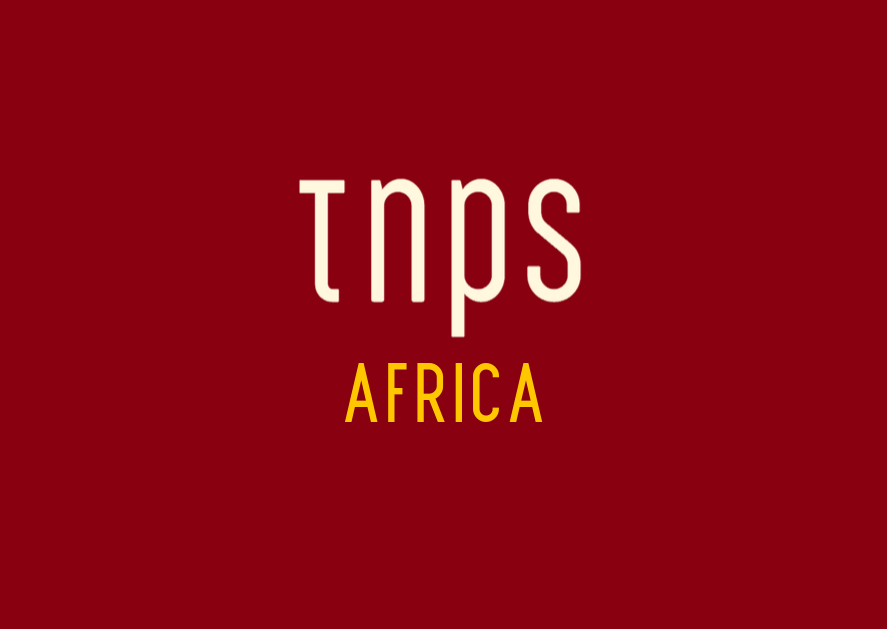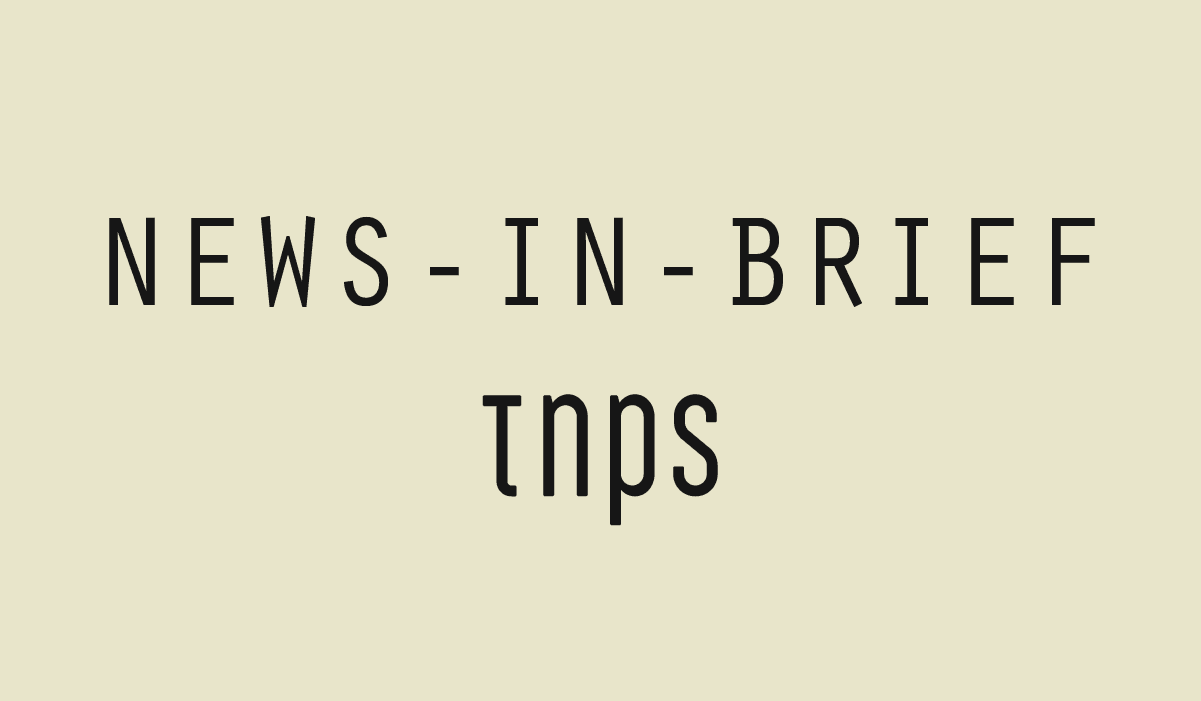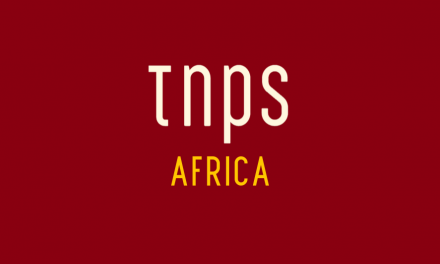Africa starts the new decade with substantially over 520 million people online. 522 million was the June 2019 figure, so likely we’re looking at upwards of 550 million by now.
The vast majority of Africans online are connecting via mobile devices – perfect for consuming digital books on – and the growth curve are phenomenal, with 800 million online a conservative forecast for 2030.
Across most of the African continent TV has long been served up via satellite connections meaning Africans are no strangers to foreign content, avidly taking in whatever their satellite-enabled location serves up.
But with SVOD, Africa’s viewing prospects have been transformed in the past ten years, with major VOD players like Netflix and Amazon leading the way, offering on demand viewing instead of being slaves to a foreign timetable
Yes, you read right. While it’s pretty much impossible across most of the continent to even see the Kindle store, let alone buy an ebook from Amazon, Amazon Video is available pretty much in every country.
I’m writing this from The Gambia, West Africa where, without logging into my pre-existing UK account I cannot even see the Kindle store. No Apple Books here. No Google Play Books here.
Amazon Video? Netflix? No problem. Many other VOD services are available.
This week comes news that the VOD operator Hopster has launched in South Africa and the Congo.
Vodacom customers in South Africa now have access to Hopster’s video content via its new Video Play VOD service, which can be accessed via Vodacom’s premium package or as part of the family micro-bundle package. Through the deal, preschoolers can enjoy Hopster Studios titles such as the science-based Clever Brenda and the Grimm’s Fairy Tales series Two Minute Tales. The partnership also features a direct-carrier billing service that allows Vodacom customers to access Hopster’s ad-free app.
In the Congo, the mobile and web application platform provider AfrikaStream will deliver Hopster video content with MTN, enabling MTN’s mobile customers to access hundreds of Hopster’s educational localized French preschool shows, books and music as part of its time-based data plan packages. Available titles include the international hits Pingu and Peppa Pig, as well as the African animated series from Nigerian animator Adamu Waziri, Bino and Fino.
Hopster CEO Nick Walters said,
We see real potential for Africa to be a ‘leapfrog’ market—with a new generation of users moving straight to finding their favorite content mobile-first, rather than on TV. We hope that South African and Congolese preschoolers will enjoy our fun, educational content and that we see growth in our subscribers and in future partnerships across the continent.
Publishers, by contrast, have shown themselves to be largely indifferent to this huge and exciting market, and sadly that applies equally to publishers on the continent as those beyond.
YouScribe last year made massive inroads into African digital books subscription, with an announcement expected soon to confirm expectations that it now has over 300,000 subscribers on the continent.
But still most publishers and indeed most retailers and subscription services remain indifferent to Africa’s charms.
That will change in this new decade, as publishers wake up to the gains being made by their counterparts in the video sector of the entertainment market, as well as the success of the few digital publishing players that already active (Okada Books in Nigeria, eKitabu in Kenya, Akoobooks Audio in Ghana among them).
And of course video and publishing are complimentary, not rival industries, no matter how often some in the publishing community will try blame Netflix for perceived diminishing sales.
As with TV, so with books, pre-digital infrastructure for delivery to consumers meant Africa, prior to this decade, was always going to be a low ROI opportunity.
In this new decade video outfits are going to reap the rewards of first-mover advantage while far too many publishers continue to look the other way.
But with a half billion Africans online, just how much longer will it be before publishers wake up and smell the coffee?




